And when Alexander saw the breadth of his domain, he wept, for there were no more worlds to conquer.”
Hans Gruber, Die Hard
Overture
I think it was a 9th grade vocabulary exercise that first introduced me to the word ennui. For those of you not in the know, ennui is “a feeling of weariness and dissatisfaction.” Dictionary.com goes on to note “Ennui deals more with boredom than irritation – and a somewhat specific sort of boredom at that. It generally refers to the feeling of jadedness that can result from living a life of too much ease.” Fifteen year old Sarah – farm girl from Appalachian Ohio – learned that word and was immediately like “yes. that is me. I am exactly like a 19th century toff.”
(Actually it was clinical depression.)
Flash forward to present day. I’m pretty sure my brain chemistry is okay so these feelings of boredom/annoyance I have when I think about legal tech and specifically applications of Generative AI in the same are really accurate and not a mask for something else.
Don’t get me wrong. I really genuinely enjoy my job, I see many opportunities for doing good with legal technology (both in the corporate and people-law worlds), and I see some potential new ways of interacting with legal data and information that could flip a lot of seemingly intractable issues into the win column.
It’s just that most days, I find myself feeling like…
Recitative
Some things informing my takes in this post….
One: I deep down think there’s only about four or five basic type of legal tech – creating knowledge, remixing or reusing knowledge, organizing and storing knowing, and analyzing knowledge – and the rest is just marketing.
Two: The Generative AI boom since November 2022 has reminded me mostly of Web 2.0 and the rise of mobile tech. More on that later.
Three: I am neither a Gen AI hater or cheerleader. While I hope even a fraction of the promises made about are true (and lowkey hope some of the promises made go down in flames) at the end of the day I don’t care. My livelihood, sense of self, or plans for the future are not resting the success or survival of a type of tech or a bunch of tech companies.
Four: You should probably read this post (“The Rot-Com Bubble“) from Ed Zitron. He’s someone I discovered on BlueSky (which is like Twitter without…well, lots of things) and I enjoy his takes on the tech industry.
Act 1
Two things happened in November 2022: (1) Open AI released ChatGPT and (2) I was completely unexpectedly laid off from my job. So I think it’s somewhat understandable that my initial reaction to the first few months of breathless hype was…
However, five months later, I tuned into to a zoom and saw Michael Bommarito (from 273 Ventures) and Damien Riehl (from vLex but mostly in his capacity as SALI hype man) demonstrate a GenAI tool that was designed to help people find appropriate SALI tags. Turned me and my attitude right around to…

A lot of the initial proposed uses for Generative AI were for drafting content – written or visual – and were either for things I liked doing or showed a profound misunderstanding and disrespect for the creative process, the meaning of art, and respect for creative workers. (This is actually still a problem). But I began to see how other capabilities of Generative AI (assuming many factors fell into place including proper training content plus all the usual successful tech adoption pieces) could have some really beneficial uses in legal.
Interlude
Let’s turn our attention to the Ed Zitron piece I linked above. Here’s some choice quotes:
For decades, the tech industry has been remarkably good at coming up with both innovative new products and ways to turn them into huge new markets for hyper-growth. Search engines, digital maps, smartphones and apps, social media, cloud computing, Software-as-a-Service, electric cars, streaming audio and video, and nearly tripling the amount of people that use the internet. There were obvious, meaningful markets to move into — ways to connect people, ways to get people content they wanted, ways to sell people things that solved problems they had either for the first time or faster, like the transition from physical to digital media — and problems that were both important to solve and actually solvable.
Tech has perpetually succeeded at building things new things that neatly create new markets, and incentivized — both in the private and public markets — growing companies as fast and as big as possible to dominate these markets, with the assumption that there would always be more massive, multi-billion or multi-trillion-dollar markets to conquer in the future.”
and…
Companies that build useful things that people need don’t need to talk about what they’ll build in the future — you can see it in the things they’re selling you today.
Using the first iPhone, one could theorize that you might make video calls with it, or use distinct third-party apps like you did on a computer — and while Steve Jobs (he was an awful person, but stay with me) did talk about what was coming next, he did so by saying that it would add “3G and amazing things in the future” just before showing the actual, real features of the first iPhone, things that people actually wanted.
These promises were believable, either because they felt like a next logical step, or because they described features that could be found in other competing products. Apple has always been a company of iteration, rather than sheer, forceful, explosive creation. It doesn’t create new categories, but refines them. This trait was even referenced in the classic Douglas Coupland novel Microserfs, first published in 1995, before Tim Cook’s reign or even the return of Steve Jobs after his ousting. It didn’t make the first smartwatch, tablet, or ARM-based PC. But it made them good. “
and…
I believe we’re at the end of the Rot-Com boom — the tech industry’s hyper-growth cycle where there were so many lands to conquer, so many new ways to pile money into so many new, innovative ideas that it felt like every tech company could experience perpetual growth simply by throwing money at the problem.
It explains why so many tech products — YouTube, Google Search, Facebook, and so on — feel like they’ve got tangibly worse. There’s no incentive to improve the things you’ve already built when you’re perpetually working on the next big thing.
This belief — that exponential growth is not just a reasonable expectation, but a requirement — is central to the core rot in the tech industry, and as these rapacious demands run into reality, the Rot-Com bubble has begun to deflate. As we speak, the tech industry is grappling with a mid-life crisis where it desperately searches for the next hyper-growth market, eagerly pushing customers and businesses to adopt technology that nobody asked for in the hopes that they can keep the Rot Economy alive.”
And finally
The Rot Economy and tech’s growth-lust isn’t new. Venture capital has been incentivizing and monetizing the rot for over a decade, with Marc Andreessen advocating in 2011 that we should look to “expand the number of innovative new software companies created” rather than “constantly questioning their valuations.” Yet, just one year earlier in March 2010, his partner Ben Horowitz advocated for “fat startups,” saying that you “can’t save your way to winning the market,” and that “startup purgatory” is when you “don’t go bankrupt, but you fail to build the number one product in the space” and have “zero chance of becoming a high-growth company,” which Horowitz describes as “worse than startup hell” because you’re “stuck with the small company,” even if it’s cash-flow positive.
“At the time, it made sense — even if there’s something inherently abnormal about describing a stable, profitable company as being in a state that’s “worse than hell.””
Act 2
My undergrad degree is in Anthropology. So while I understand and am sometimes wowed by the technical features of a software tool, more often I am more interested in how people use the tool to accomplish a goal. I also make a lot of analogies.
When I finally dug into Generative AI/LLMs, I immediately was reminded of two things:
One: Web 2.0 in that it leveled the playing field and lowered the barriers to entry for a lot of tech processes. Prior to Web 2.0, if you wanted to make a website, you opened up a notepad and started by typing…
<html>and then hand coded everything.
After WYSIWYG editors and other innovations, any schmo with an internet connection could have a website and could make connections between information like never before. Oh, heck, let’s link to that video that completely changed the course of my life again…
LLMs – in theory – are capable of performing analytical work that really wasn’t possible for the average user and at a scale that could allow smaller organizations to punch above their weight. Exciting!
Two: Mobile technology in that it combined a lot of tools that we already had into one centralized hub.
I think the rapidly expanding skill set of CoCounsel and others is going to erase much of our concept of single use tech tools and/or legal tech veticals. I mean, I done been saying that.
And three, with both these aren’t advancements in technology that only trained technologists interact with and get to see. For good or ill, everyone can get their grubby little hands on a commercial version of a generative AI tool and try it out.
- It’s good because one of my tech mantras is “the user is not broken” and by getting actual end users interacting with these tools, we may come up with some exciting use cases.
- It’s bad because in a professional sphere that does not prioritize technology education or competence AND ALSO disincentivizes the creation of tools that may more directly help lay users, the potential for misuse and harm is almost guaranteed. (I was going to put “and I oop” here and hyperlink to Ed Walter’s recent law review article, but it deserves more than that.)
- It’s also bad for both enterprise and commercial tech companies because in their rush to cram Generative AI/LLMs into every single product as fast as they can, a lot of it…really sucks and is annoying the future user base.
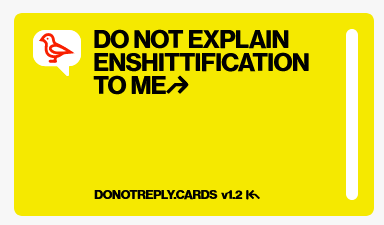
Interlude 2
I excerpted a lot of content about VC funding and other business related stuff from the Zitron post. I’m still in my processing mode with how all of that relates to the overall health and well-being of the legal tech industry (and its users) but basically ever since I was impressed with the Casetext acquisition amount (and then noticed the zero on the end of it) through this past Friday afternoon when I saw a LinkedIn post about Harvey potentially acquiring vLex, and every funding and acquisition notice in between, I feel like it’s something I can’t ignore any longer.
(Well, I guess I never ignored this type of stuff, I’m just doing more math.)
Act 3
On LinkedIn, I always enjoy Graeme Johnston’s commentary about legal tech. He recently posted about the Stanford study on hallucinations in legal tech tools. (post one and two)
(I’m assuming you know about the Stanford Study – which was not perfect – but basically the performance of these tools can be summarized as “NOT GREAT, BOB!” )
Anyway, from Graeme’s second post:
Understanding complex law and summarising it in a context-suitable way can be hard, time-consuming work even for experienced lawyers. You need to know, or find out, a lot of law and synthesise and apply it in a way relevant to the particular need. I’ve been doing that for several decades now and happy to acknowledge that I am still learning, still making mistakes.”
Which led to some interesting comments…
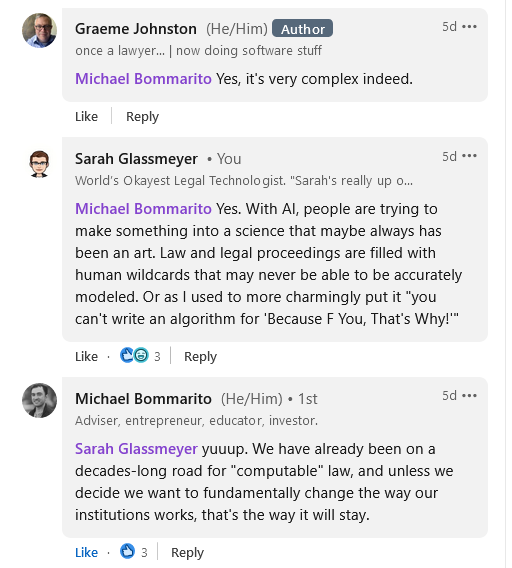
WELP.
I was already a little dicey on using Generative AI for document drafting in legal since we have some pretty good Document Automation tools for that which we are not using to their full capacity nor doing the back ground data and hygiene work to create and maintain them. Plus it seems like there’s many more things we could/should be doing with it instead of content creation. But now I’m like…
Epilogue
Oh, were you looking for answers or predictions? I’m afraid I have none. The thoughts that have informed this post have been bopping around my head for a week or so and while doing some gardening this morning I decided to set them down on [paper].
I re-read the Zitron post before heading out and something about his use of “lands to conquer” and the idea that there weren’t any new ones got my brain bubbling. I couldn’t help but think of the quote that started this post..
“When Alexander saw the breadth of his domain, he wept for there were no more worlds to conquer”.
Funny thing…I was thinking/interpreting it in what I thought was an obvious way: Alexander conquered the world and was sad because he did everything there was to do and he had no more lands to conquer. And, similarly, tech companies (and legal tech to an extent) had developed tools for all of the available needs and now were just throwing everything thing at the wall in order to find the new use case.
But I was wrong!
Not about the Metaverse and NFTs. I called that BS right from the start. <whispers> and blockchain </whispers>
I mean the quote. This Paris Review piece that I found when looking for exact wording breaks it down.
In no case does Alexander weep because he’s accidentally put himself out of business by making himself king of the world. And it makes sense that he would not weep about such, because in point of fact he did not take over the world. He hits a wall in India, see. His men are tired, the river is deep, he can’t swim. Across the river: some vast Indian army, refreshed and ready. Alexander’s guys beg him to call it a day. “Call it a day, call it a campaign, call it an empire. Anyhow let’s go home.” And for once, Mr. Won’t-Listen-to-Anybody says okay. It’s all in the Life of Alexander. Read it sometime. Seventy pages of modern English, it’s not gonna kill ya.”
Well shit.
Looks like the problem was that it was physically impossible to do any more expansion, not that there was no where left to expand to.
Which may make that even more of an appropriate quote than I thought.
Well shit.
Anyway, my dad is at the farm this weekend and he mowed the pasture leading to some happy cows. Plus we can more easily tell if they’ve gotten out. Again. So I will leave you with that.



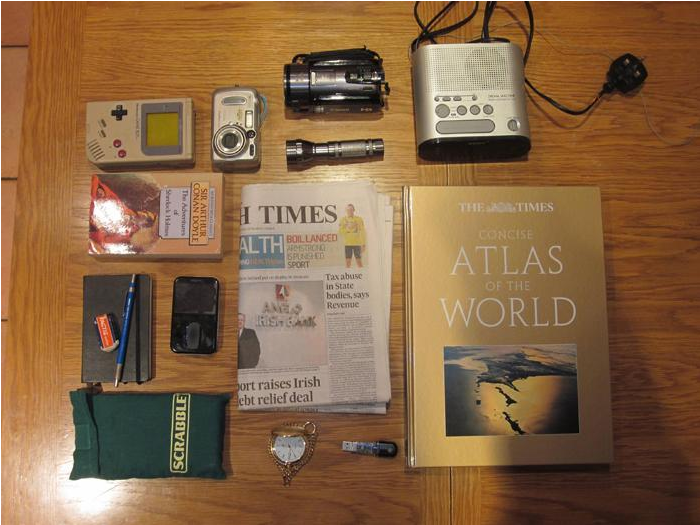
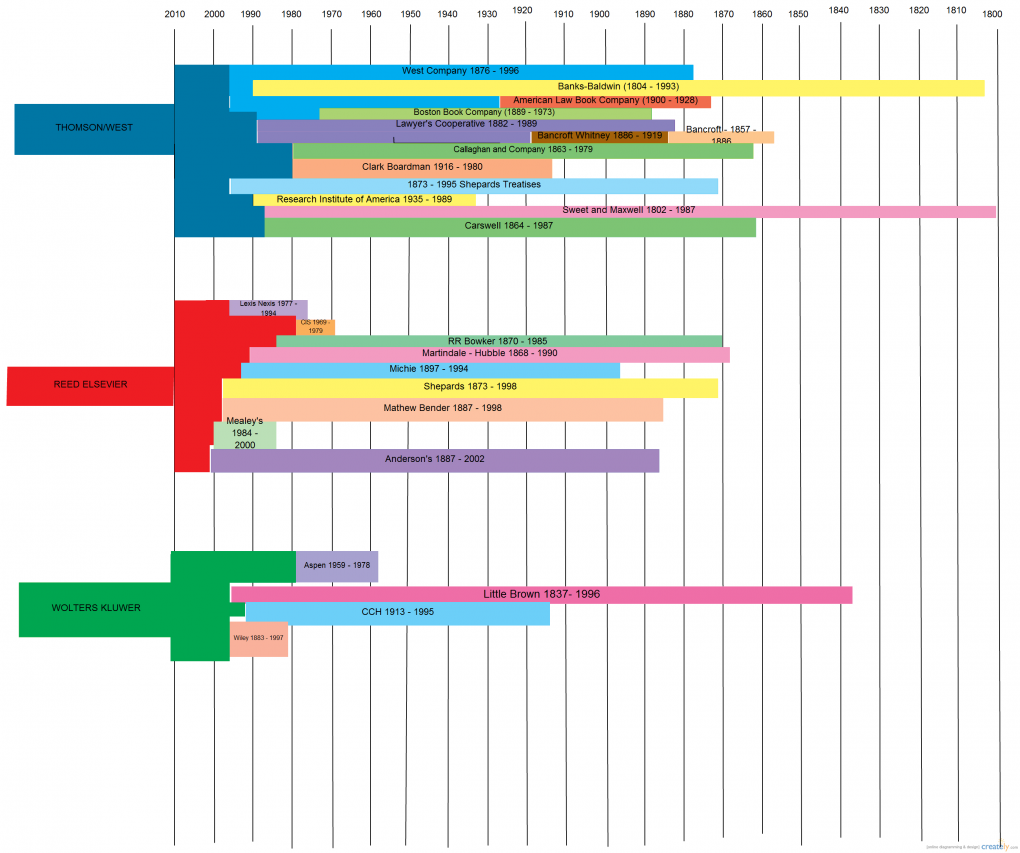
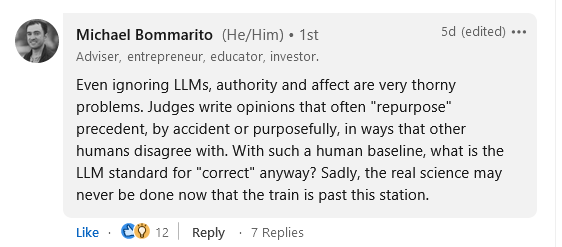

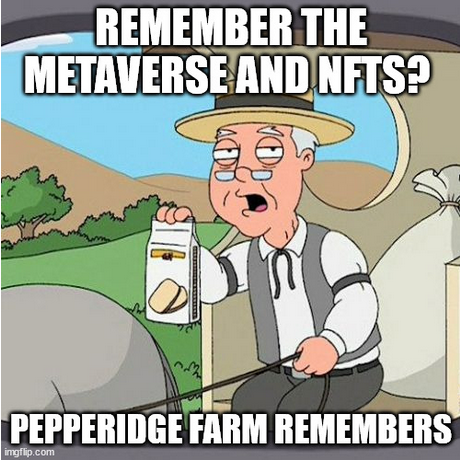


Thanks for posting this! You are doing a much better job of articulating these feelings and ideas than I am right now. My tone has grown very anti-AI lately, which makes me feel uneasy as someone who is historically a “tech person”. But I often think about my favorite quote that I heard from David Colarusso: “AI is a mirror”. When I express my concerns about AI, I’m really just seeing the strings pulled by the crazy money-starved maniacs in charge of the technology. I am excited about the group of people who are trying to do good things with this new crop of tools, but mostly concerned that the whole industry will be strangled and controlled by a handful of interests that de-prioritize humanity even further.
P.S. You should find a way to get interviewed by Ed Zitron. His show and newsletter are great.
Adding a comment to my own post…
I meant to include this in the piece, but another thing bubbling in my mind last week was this story Kurt Vonnegut told about Joseph Heller. They were at party hosted by a hedge fund manager. Vonnegut told Heller that the host had made more money in a single day than Heller had earned from Catch-22 over its whole history. Heller responded “Yes, but I have something he will never have…enough.”
Thank you. That’s all.